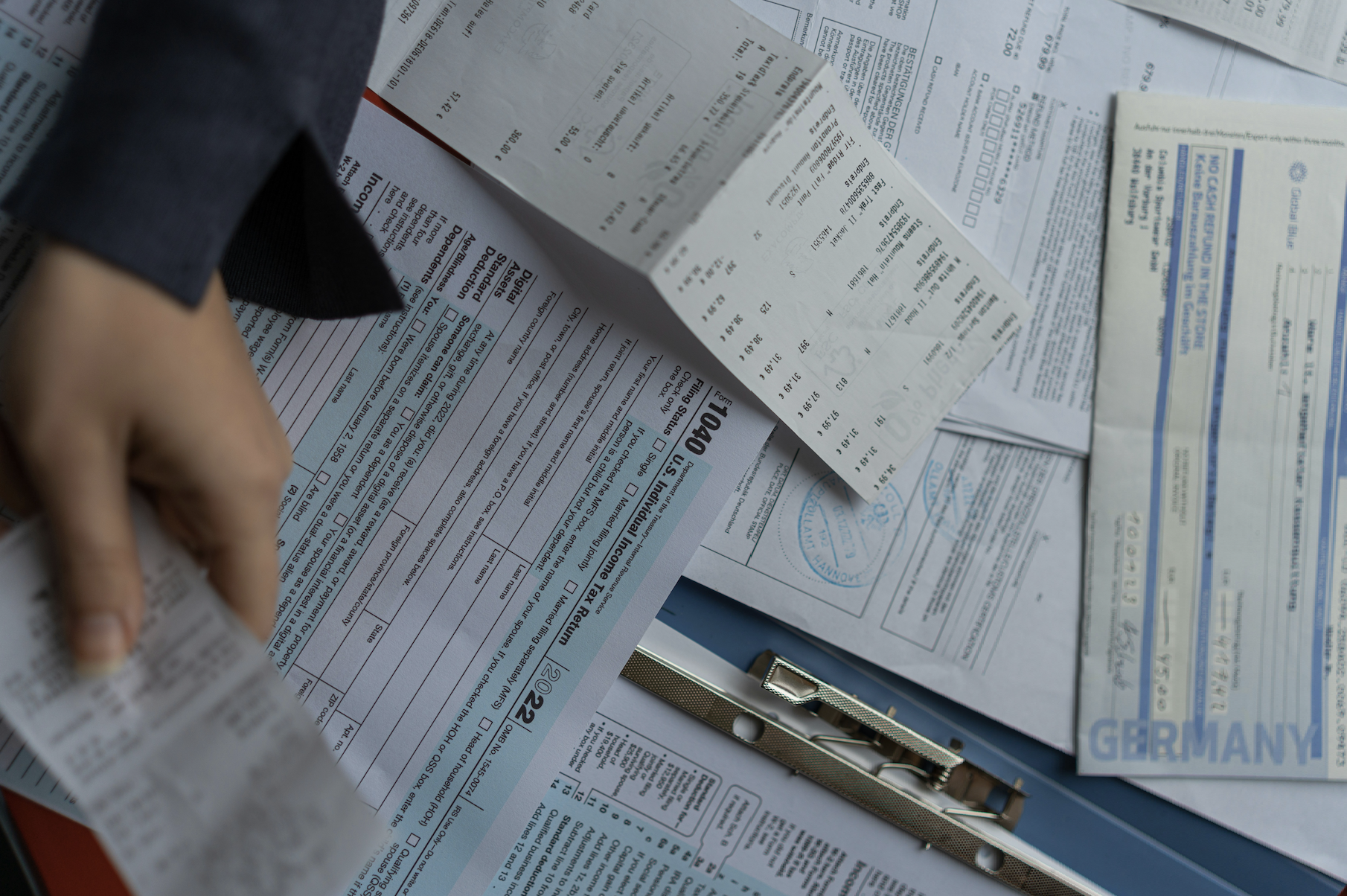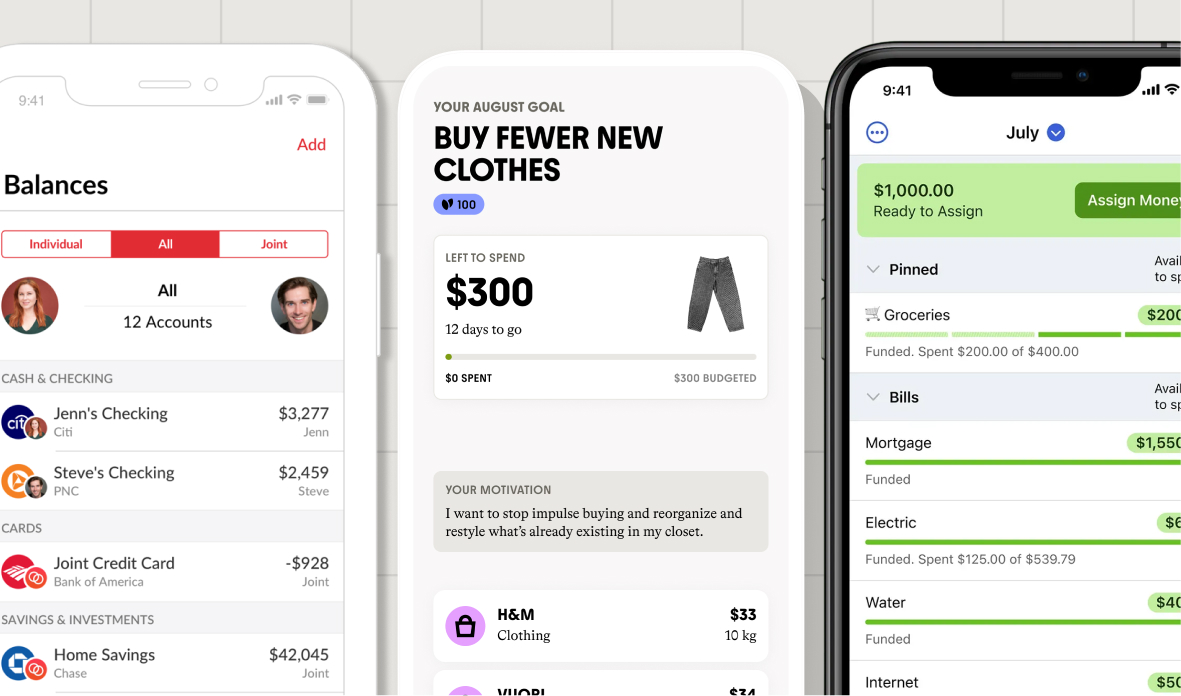The Ultimate Step-by-Step Guide to Sustainable Banking

Join the community





It might sound counterintuitive, but your money can contribute to climate change just sitting in your bank account. That’s because banks are free to lend our money however they want while we’re not using it. Unfortunately, you might not like what they’re investing in.
Major banks are the world’s largest fossil fuel financiers. The world’s 60 largest banks have funneled $5.5 trillion into the industry since the Paris Climate Agreement was signed in 2016. As consumers, we can demand change by divesting from the worst offenders.
Use this guide to sustainable banking to investigate your current institution and get your money working for the planet.
1. Investigate Your Bank
Megabanks are profit-driven institutions with little incentive to act in service of local communities or the planet–but some are dirtier than others. US banks have a particularly troublesome track record: JP Morgan Chase is by far the largest fossil fuel financer in the world. Wells Fargo, Citi, and Bank of America claim the next top spots.
See how your bank stacks up on the Fossil Fuel Report, an annual report on fossil fuel financing by international banks. If your bank has a poor track record, the best thing you can do is take your business elsewhere and be vocal on your way out the door.
Even if you’re not ready to switch banks yet, you can take climate action from within. Use customer portals to advocate for clean investing, call out your bank on social media, and support campaigns pressuring it to divest from fossil fuels.
2. Switch to a Socially-Responsible Bank
Ditching your bank can help align your money with your values, but you still need a sustainable bank to switch to. Start by looking for a financial institution that is: focused on clean energy, B-corp certified, and/or BIPOC-owned. Local credit unions have a greater vested interest in your specific community, making them another great option.
- Responsible Institutions: Look for banks that are members of the Global Alliance for Banking on Values (GABV) or the Community Development Financial Institutions (CDFI) Fund.
- Helpful Tools: Use Bank for Good and Mighty Deposits to discover value-aligned and sustainable banks that offer the services you need.
- Digital Banking: Sustainable online banks are convenient and low-waste. Aspiration offers planet-friendly perks like automated reforestation and cashback for conscious spending.
3. Choose an Ethical Credit Card
Even if you use a credit union or sustainable bank, you might be linked to a fossil-fuel-financing megabank through your credit card.
- Choose an Affinity Card: These cards are issued in conjunction with a charitable organization and direct a portion of your spending to its cause. Consider one of these environmentally-focused options.
- Rewards Points: Can’t switch cards? Most providers allow customers to donate their rewards points to charitable organizations. Use yours to fight for environmental justice.
- Socially Responsible Institutions: Affinity cards and points donations can help, but your card may still be issued through a mega-bank. These ethical credit cards support community banking instead of oil execs.
- Ditch the Worst Offenders: Reduce your impact by cutting up your Chase, Wells Fargo, Citibank, or Bank of America credit card and choosing, well, anyone else.
Don’t forget about your 401(k): It’s important to divest our money from banks and credit cards that finance fossil fuels. But our personal investments matter, too. Read our Guide to Green Investing to use your dollars to fund a sustainable future for all.
Together is the Only Way
No one can reverse climate change on their own. We need to work together to influence all the systems we’re a part of. Download Commons today to link your spending to your carbon footprint. Then, combine your climate practice with thousands of others to create a greener world.













